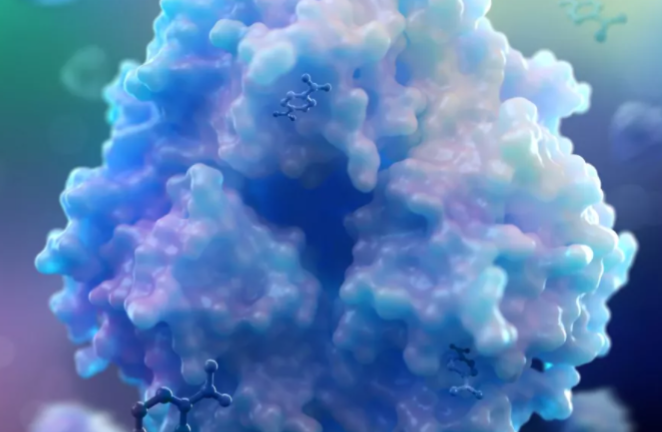By Nick
Lavars
March 21, 2022
Facebook
Twitter
Flipboard
LinkedIn

Scientists have discovered a new enzyme that helps break
down PET plastics Photo credit: Depositphotos
VIEW 2 IMAGES
In 2016 scientists in Japan discovered
a bacterium with a natural appetite for PET plastics, using enzymes to
break it down in a matter of weeks. Researchers at the University of Portsmouth
then succeeded in engineering a better-performing version of this enzyme,
called PETase,
and in 2020 combined it with another called MHETase to form a super
enzyme that digests PET plastics at six times the speed.
What's left through the process is the two chemical
building blocks of PET, ethlyene glycol (EF) and TPA, and one is more
problematic than the other.
"While EG is a chemical with many uses – it’s part of
the antifreeze you put into your car, for example – TPA does not have many uses
outside of PET, nor is it something that most bacteria can even digest,"
explains study author Professor Jen DuBois. "However, the Portsmouth team
revealed that an enzyme from PET-consuming bacteria recognizes TPA like a hand
in a glove. Our group then demonstrated that this enzyme, called TPADO, breaks
down TPA and pretty much only TPA, with amazing efficiency.”
![A newly discovered enzyme called TPADO can break down one of the key building blocks for PET plastics]()
A newly discovered enzyme called TPADO can break down one
of the key building blocks for PET plastics Rita Clare, Montana State
University
The team's previous discoveries have come about by studying
these enzymes at the Diamond Light Source Facility in the UK, which blasts them
with beams of powerful X-rays. The result is an ultra-high resolution model of
the enzyme that reveals the individual atoms inside it, showing how TPADO
carries out its TPA-consuming duties. As in their previous work, this
incredible detail offers a blueprint for the scientists to engineer even more
efficient versions of the enzyme.
“The last few years have seen incredible advances in the
engineering of enzymes to break down PET plastic into its building blocks,"
said study author Professor John McGeehan. "This work goes a stage further
and looks at the first enzyme in a cascade that can deconstruct those building
blocks into simpler molecules. These can then be utilized by bacteria to
generate sustainable chemicals and materials, essential making valuable
products out of plastic waste."
The research was published in the journal The
Proceedings of the National Academy of Sciences.
Source: University of Portsmouth